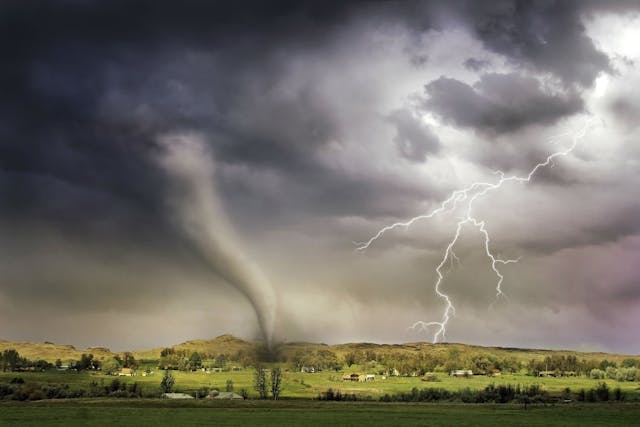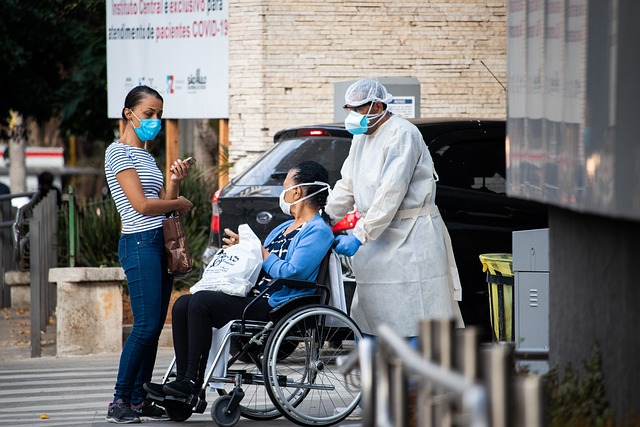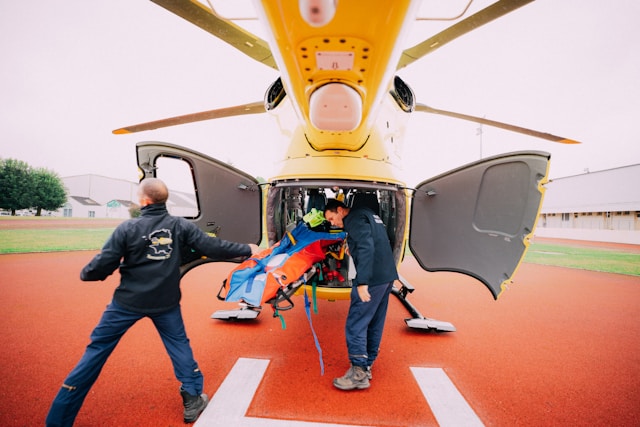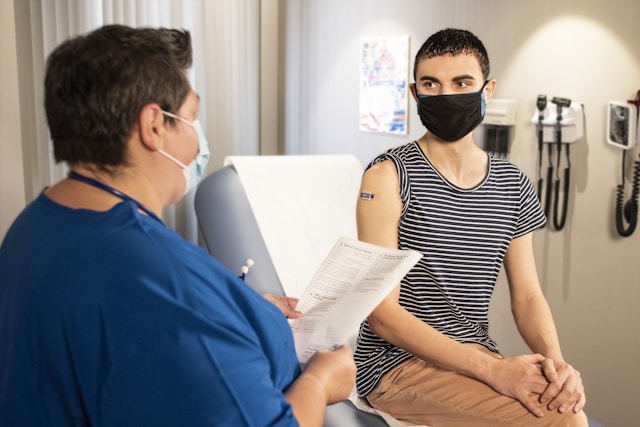
The Vital Role of Nurses in Disaster Response
Nurses play a vital role in disaster response, serving as the backbone of healthcare delivery during crises. Their expertise, adaptability, and dedication are crucial for providing immediate care, managing resources efficiently, and ensuring the well-being of communities affected by disasters.
Nursing Preparedness for Disasters
Preparedness is key in enabling nurses to respond effectively to disasters. Training programs, simulation exercises, and ongoing education equip nurses with the skills and knowledge needed to navigate the unique challenges posed by various types of disasters, from natural disasters to public health emergencies.
Immediate Response: Nurses on the Frontlines

During the immediate aftermath of disasters, nurses are on the frontlines, delivering critical care, triaging patients, and coordinating emergency response efforts. Their ability to remain composed under pressure, adapt to rapidly changing situations, and provide compassionate care is essential in the face of chaos.
Challenges and Responsibilities
Nurses face numerous challenges during disaster response, including limited resources, overwhelming caseloads, and exposure to personal risks.
Despite these challenges, their responsibilities encompass not only providing medical care but also offering emotional support, promoting community resilience, and collaborating with other healthcare professionals.
Collaborative Efforts
Effective disaster response relies on collaborative efforts among healthcare professionals, emergency responders, and community organizations. Nurses play a central role in interdisciplinary collaboration, ensuring a coordinated and cohesive approach to address the multifaceted needs of individuals and communities in crisis.
Nursing Heroes from Recent Crises

Recent crises have showcased the heroism of nurses who have gone above and beyond in their response efforts. From managing makeshift clinics in the aftermath of natural disasters to volunteering in pandemic hotspots, these nursing heroes exemplify the selflessness and dedication inherent in the nursing profession.
Lessons Learned from Recent Disasters
Every disaster brings valuable lessons. Recent crises have highlighted the need for improved disaster preparedness, streamlined communication channels, and enhanced collaboration between healthcare institutions and emergency response agencies. Learning from these experiences is crucial for refining future disaster response strategies.
The Role of Technology

Technology plays an increasingly significant role in disaster response. Telehealth services, electronic health records, and communication platforms enable nurses to provide remote care, coordinate resources, and share critical information in real-time, enhancing the efficiency and effectiveness of disaster response efforts.
Supporting Mental Health
The psychological impact on nurses during disasters is profound. Witnessing human suffering, dealing with high-stress situations, and managing personal emotions can take a toll on mental well-being. Supporting mental health initiatives, providing counseling services, and fostering a culture of resilience are essential components of nursing disaster response.
Final Thoughts
In conclusion, nursing during disasters is a testament to the unwavering commitment and resilience of the nursing profession. By prioritizing preparedness, collaborating with diverse stakeholders, and embracing technological advancements, nurses continue to be indispensable frontline responders in times of crisis.
FAQs:
What is the psychological impact on nurses during disasters?
The psychological impact on nurses during disasters can include stress, anxiety, depression, and post-traumatic stress disorder (PTSD). Witnessing human suffering, managing high-stress situations, and the demands of disaster response can contribute to mental health challenges among nurses.
How can I support nurses and healthcare workers during disasters?
Supporting nurses and healthcare workers during disasters involves recognizing the psychological impact, providing access to mental health resources, fostering a supportive work environment, and acknowledging the heroic efforts of frontline responders. Offering emotional support, expressing gratitude, and promoting self-care initiatives contribute to the well-being of nurses during challenging times.
You may also like
5 Tips for Succeeding in Nursing School
Today more than ever, the world needs nurses. However, nursing is a difficult profession and…
Nurse-Patient Communication: Strategies for Effective and Compassionate Care
The Crucial Role of Nurse-Patient Communication Nurse-patient communication stands at the heart of effective and…
Birkenstock Boston Shearling Women’s Slip On Clogs Review
If you’re looking to look radiant when walking – but at the same time very…
What Is A Day In The Life Of A Nurse Like?
Nurses have a varied daily schedule depending on where they work, what type of environment…
Cheap Birkenstocks Online Best for Nursing and More
Aching feet from a long shift can ruin your day. These cheap Birkenstocks online for…
Birkenstock London Unisex Slip-On Review
Birkenstock London History Birkenstocks have been carefully crafted in Germany for nearly 250 years. Made…






